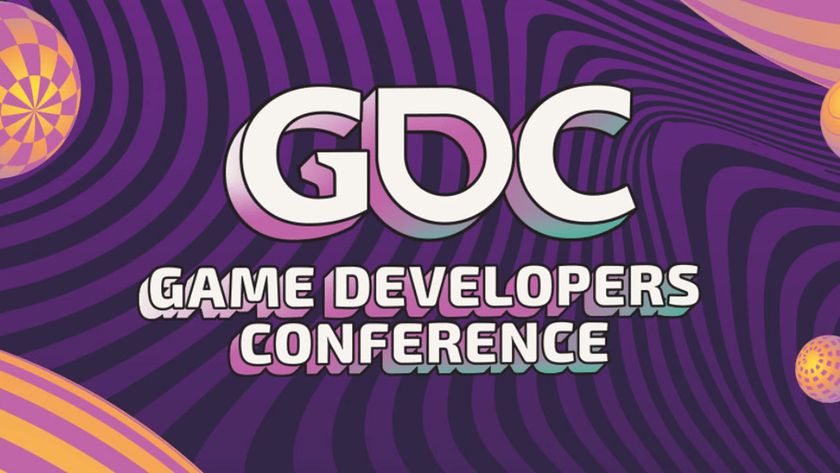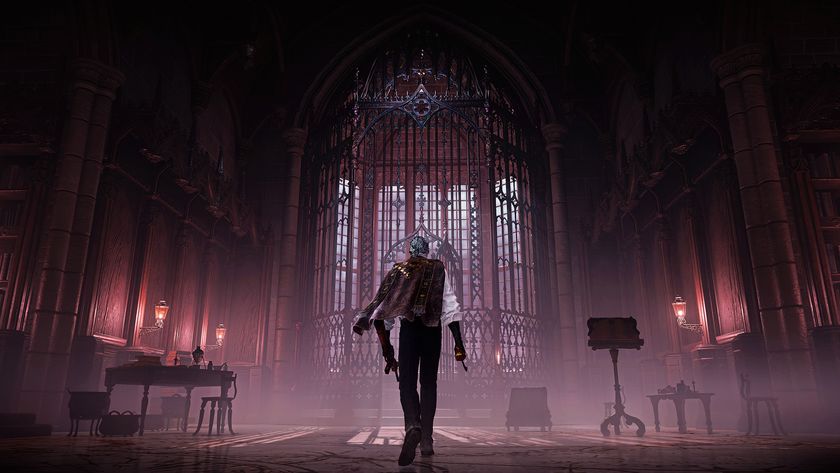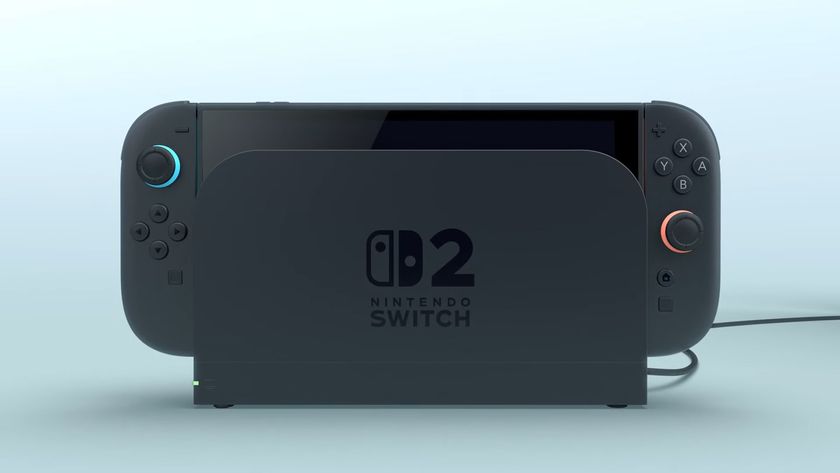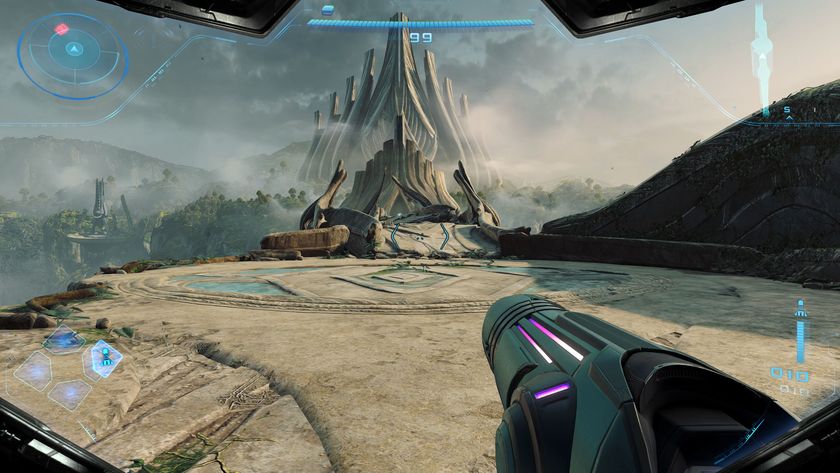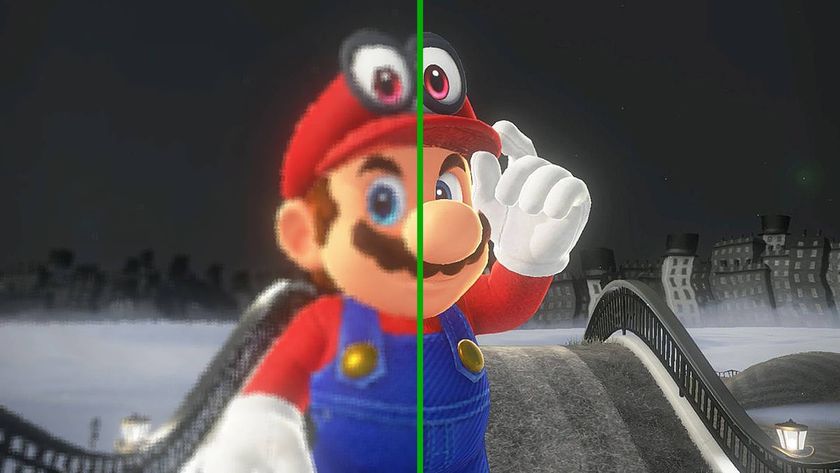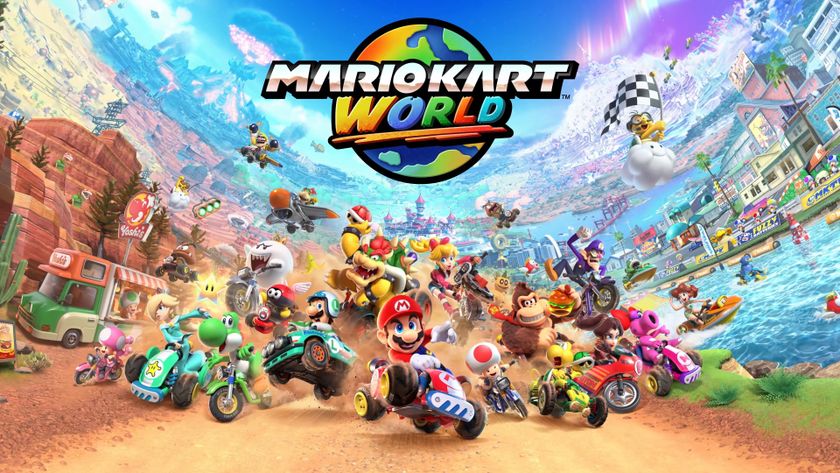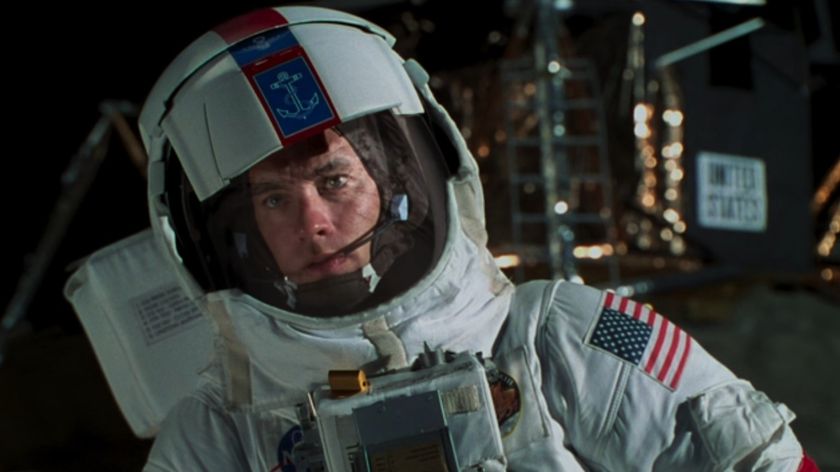You're free to commit as many senseless acts of unspeakable wrongness as you like in these games. The difference is that you're no longer free from their horrible consequences. All of which is a roundabout way of saying that violent videogames are good for you. No, really. Particularly violent games that allow you to shoot first, and deal with the bloodshed and self-recrimination later. Compare and contrast a pair of recently released PS3 titles.
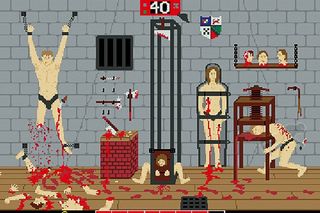
On the one hand you have The Darkness, a game that grants you the freedom to slaughter random subway commuters at the press of a button. On the other you have Vegas-based shooter Rainbow Six - a game that feels compelled to frequently remind you that attempting to shoot at innocents will result in the termination of your game. Which of these two sets the better example? The game that shows you that killing people may have a very profound affect on your character, or the game that prohibits you from doing anything remotely naughty? One teaches you something about the nature of violence; the other sticks its fingers in its ears and makes gurgling noises.
And while hysterical parents warm their hands on burning copies of Manhunt, bleating endlessly about how access to such mindless violence is corrupting young minds, all the latest research is to the contrary.
According to those brains in glass jars at the Universities of Illinois and Michigan, videogame violence can be cathartic, allowing players to channel their aggression into something safe and non-harmful. Who'd have thought that shooting your teammates in the face from a distance of, say, five yards could be good for your mental health? Pass us that Thompson sub-machine gun. Let the healing begin.
Sign up to the GamesRadar+ Newsletter
Weekly digests, tales from the communities you love, and more

